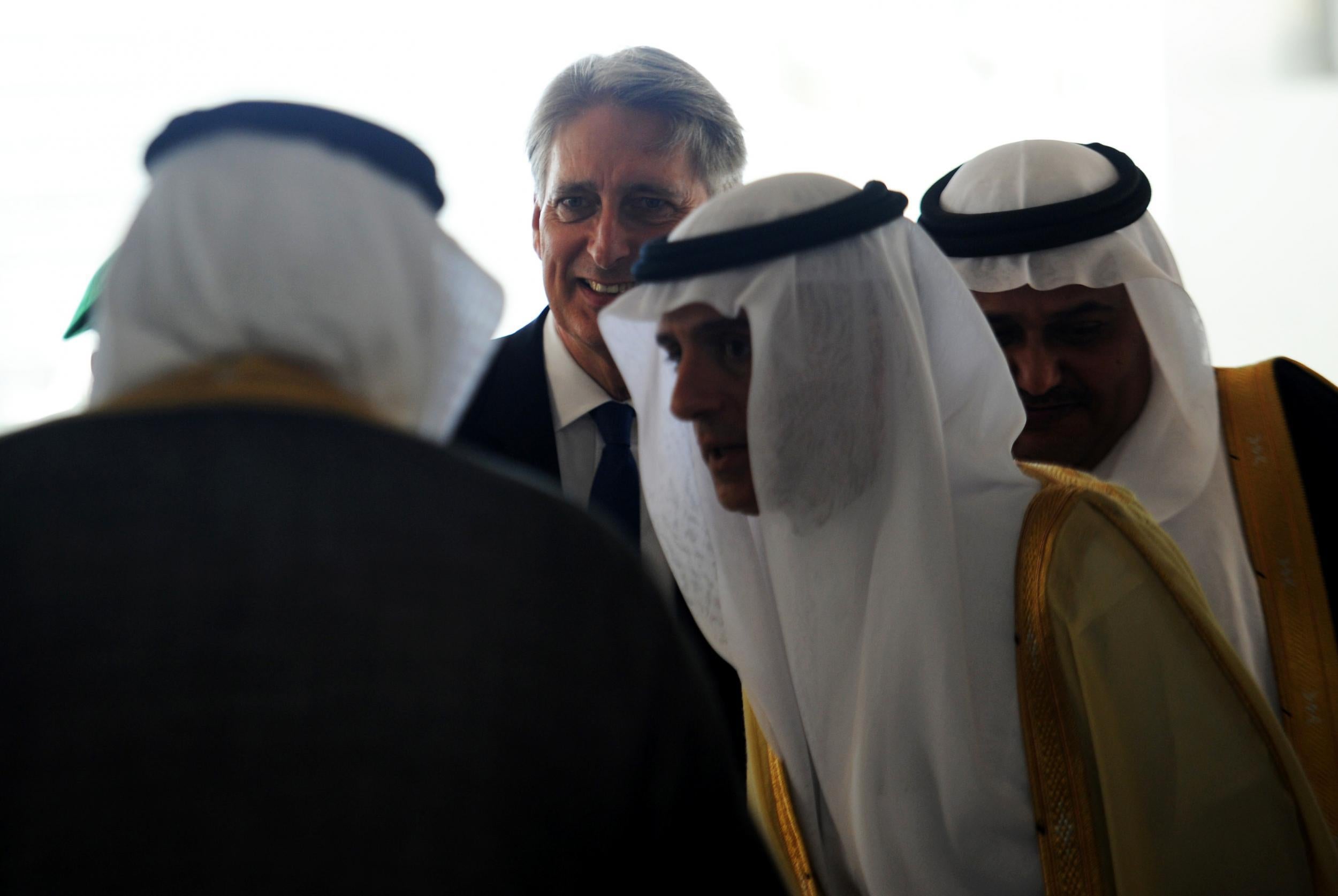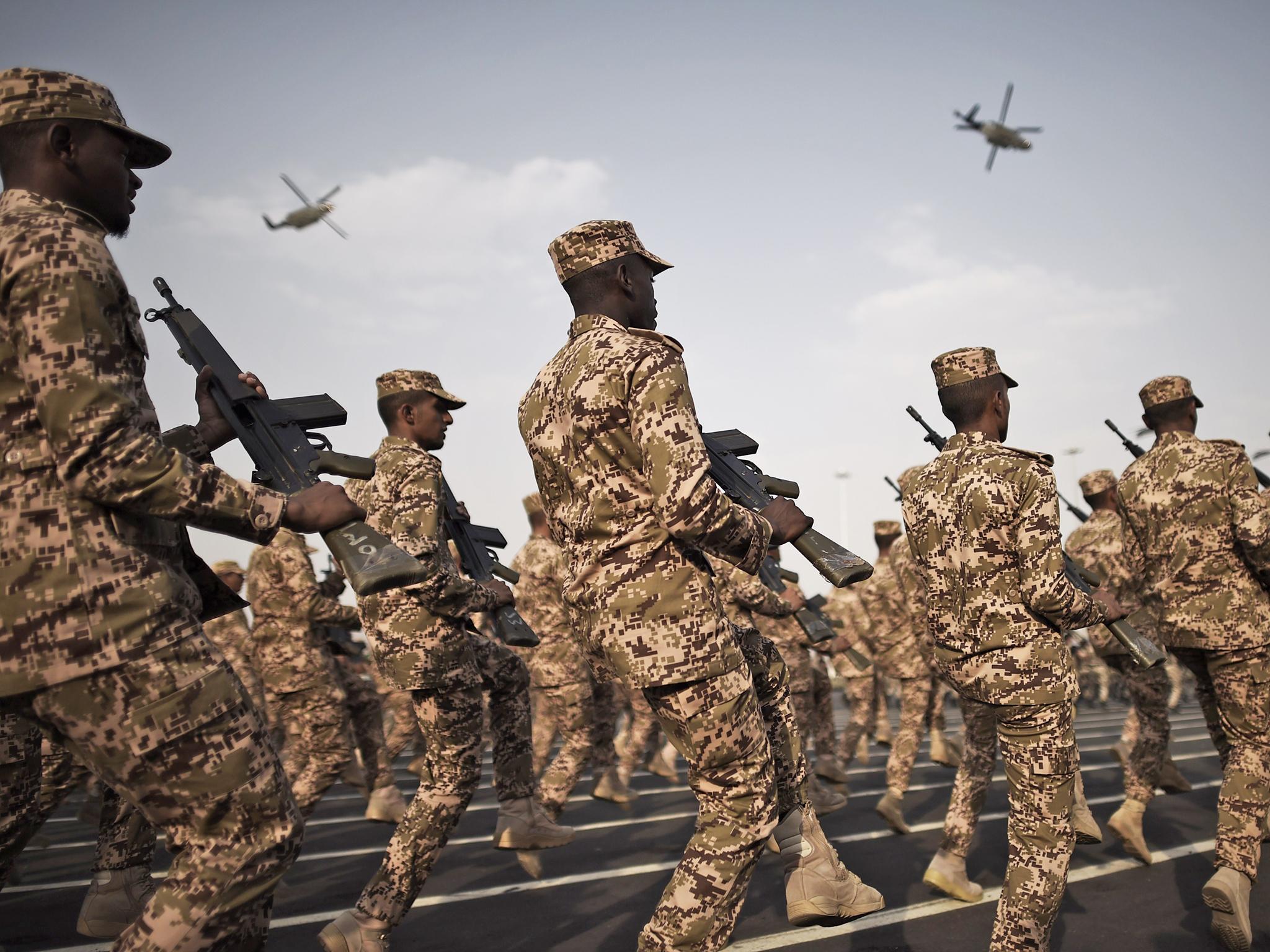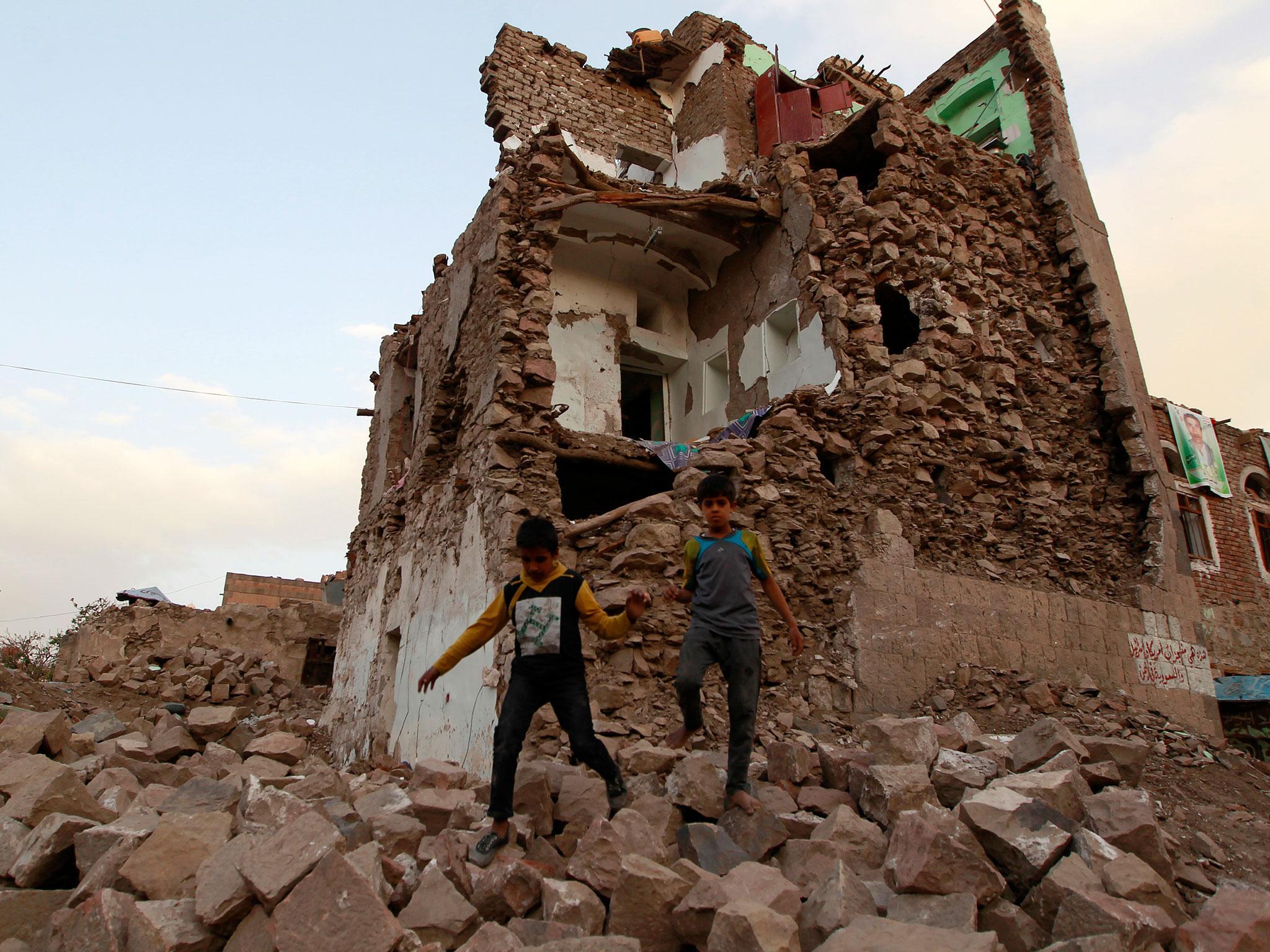British government refuses to rule out re-electing Saudi Arabia to UN human rights council
Exclusive: The autocratic petro-state could once again be on the influential panel

Your support helps us to tell the story
From reproductive rights to climate change to Big Tech, The Independent is on the ground when the story is developing. Whether it's investigating the financials of Elon Musk's pro-Trump PAC or producing our latest documentary, 'The A Word', which shines a light on the American women fighting for reproductive rights, we know how important it is to parse out the facts from the messaging.
At such a critical moment in US history, we need reporters on the ground. Your donation allows us to keep sending journalists to speak to both sides of the story.
The Independent is trusted by Americans across the entire political spectrum. And unlike many other quality news outlets, we choose not to lock Americans out of our reporting and analysis with paywalls. We believe quality journalism should be available to everyone, paid for by those who can afford it.
Your support makes all the difference.Ministers have refused to rule out re-electing Saudi Arabia to the United Nations’ human rights council for a second time.
The autocratic petro-state’s appointment to the international body caused international outcry in 2013, with the British Government’s role in the affair under particular scrutiny.
The Government last year was urged to come clean over whether it had traded votes to secure both the UK's and Saudi Arabia's place on the panel.
Leaked diplomatic cables passed to the Wikileaks organisation appeared to show the UK was involved in such a secret vote-trading deal.
Saudi Arabia has one of the worst human rights record in the world, with beheading and crucifixion in regular use and massive institutionalised discrimination against women.
The state beheaded well over 100 people in 2015, a significant increase on 2014.
Foreign Office minister Baroness Anelay this month refused to answer a question by crossbench peer Baroness Deech on whether the UK would back Saudi Arabia’s re-appointment.
“The UK never publicises how it votes in these matters. Saudi Arabia did not need our support in the last election to the Human Rights Council since they were uncontested,” the minister said in a written statement.

Saudi Arabia has placed itself at the heart of the UN's human rights scrutiny machine, despite its atrocious record. As well as its place on the council, Faisal bin Hassan Trad, Saudi Arabia’s ambassador at the UN in Geneva, was last year the chairman of a separate independent UN panel of human rights experts.
That influential five-strong panel selects applicants from around the world for scores of expert roles in countries where the UN has a mandate on human rights.
Liberal Democrat foreign affairs spokesperson Tom Brake told the Independent that Saudi Arabia’s position on the council was an “international disgrace” and described the Government’s refusal to disclose how it would vote as “ridiculous”.
“Saudi Arabia is one of the most serious violators of human rights in the world. The regime actively rejects women’s rights, minority rights, and religious freedoms, executes its citizens with alarming frequency and consistently undermines the rule of law,” he said.
“The fact that this country is currently on the Human Rights Council is an international disgrace, and I call on the UK Government to break whatever ridiculous protocol to which they are currently clinging, and state categorically that it will not only vote against Saudi’s re-election to the council, but also that it will actively and vocally encourage all other states to do the same.”
Saudi Arabia’s human rights record has arguably deteriorated since the previous elections to the council as the country has since begun a brutal military operation in Yemen against Houthi rebels.
International charities and observers have reported airstrikes against schools, charity hospitals, and wedding parties, with Saudi bombs often falling far from any military targets.
Zeid Ra'ad Al Hussein, the UN’s high commissioner for human rights, has said that “carnage” caused by certain Saudi coalition airstrikes against civilian targets appear to be war crimes.
The British Government has publicly remained a staunch backer of the dictatorship, refusing calls from the European Parliament and House of Commons international development committee to stop selling weapons to the autocratic monarchy.

David Cameron attended the funeral of late Saudi king Abdullah bin Abdulaziz in January 2015, at a cost of £100,000 in British public money.
Official figures reported by the Independent in January this year show sales of British bombs and missiles to the country increased 100 times in the three-month period since the start of the attacks on Yemen. The sales jumped from £9million in the previous three months to £1billion.
Mr Cameron, who stepped down as PM this week following the election of Theresa May to leader of the Conservative party, said in January that Britain’s relationship with Saudi Arabia is “important for our own security”.
This article has been updated to make clear the distinction between the UN human rights council and the UN human rights consultative panel
Join our commenting forum
Join thought-provoking conversations, follow other Independent readers and see their replies
Comments